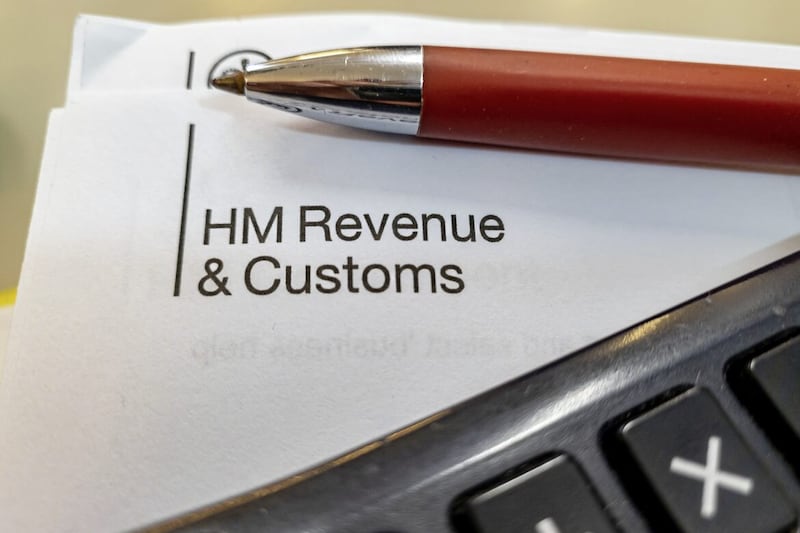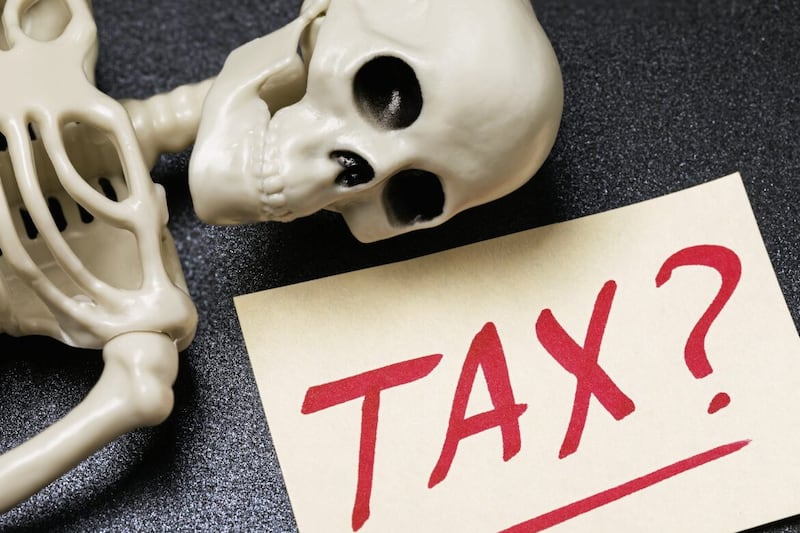QUESTION: With the ongoing Covid-19 pandemic and the emerging Omicron variant, my staff do not want a physical Christmas party again this year. I know HMRC relaxed the rules about tax and Christmas parties last year, what is the latest position on this?
ANSWER: Christmas parties are an integral part of every business and a time to thank staff for their efforts throughout the year. This was even more relevant last Christmas and continues to be so with Covid showing little sign of abating and the myriad of restrictions on social gatherings and face coverings etc. For this reason, many employers are again planning a virtual Christmas party and were hoping that HMRC would continue to exempt these events from tax and national insurance.
Thankfully, HMRC has confirmed again that for Christmas 2021 the tax and NI exemptions applied to annual staff Christmas parties will also apply to virtual Christmas parties, as they were in 2020. HMRC did this by extending the scope of the section of the taxes act that deals with providing food, entertainment, and related expenses to virtual events.
There’s a limit of £150 per attendee (including non-employee guests) each year and if this limit is breached, the employer must cover the tax and NIC for all the costs, not just the breach. The exemption considers all end-to-end costs for the event including VAT.
For an event to be eligible for the exemption, it must be open to all employees to attend, or, alternatively, if there are several events (by location or office), all employees should be able to attend one. This latter point is relevant where an organisation has multiple offices and the practicalities of having too many people on a video conference medium like Zoom become impracticable.
Employers planning a virtual event should consider its organisation carefully. It is possible that employers may need to demonstrate attendance at an online event for it to qualify under the annual function exemption, so will need to ensure that there is a way to collect that data.
Employers can convene more than one event for employees, provided that both events are annual in nature (for example, a summer barbeque and a Christmas party), open to all employees, and that the combined costs do not exceed £150 per head (including VAT) per tax year.
If the combined costs of all annual events in a tax year do exceed £150 (including VAT), the employer can choose to which event or events the exemption will apply. The £150 per tax year is not an allowance which can be offset against the total cost of all events per employee – it is an exemption for the cost of an event itself (so the cost of a single event is either wholly taxable or not taxable on a per employee basis).
Many employers are therefore delaying the annual staff party until summer 2022 when the covid situation and restrictions should be abated with the warmer weather and the ability to host the function outdoors.
In addition to the exemption for an annual function, employers can also take advantage of the trivial benefits rules to make seasonal gifts to staff such as a bottle of wine or a Christmas pudding. Under the trivial benefits rules, employers can provide benefits costing up to £50 to an employee without tax consequences - provided that these benefits are intended as genuine gifts and not intended as a reward for their work.
Employers could provide a hamper or a voucher for food and drink, for example. In this instance the trivial benefits exemption should apply, but in the absence of the elements of a Christmas party, the annual functions exemption will not be available.
The two exemptions can work alongside each other, so employees can be invited to a Christmas party, allowable under the annual function exemption and be given £50 of, say, gift vouchers, covered by the trivial benefits exemption.
:: Paddy Harty (p.harty@pkffpm.com) is a senior tax director at PKF-FPM (www.pkffpm. com). The advice in this column is specific to the facts surrounding the question posed. Neither the Irish News nor contributors accept any liability for any direct or indirect loss arising from any reliance placed on replies.








